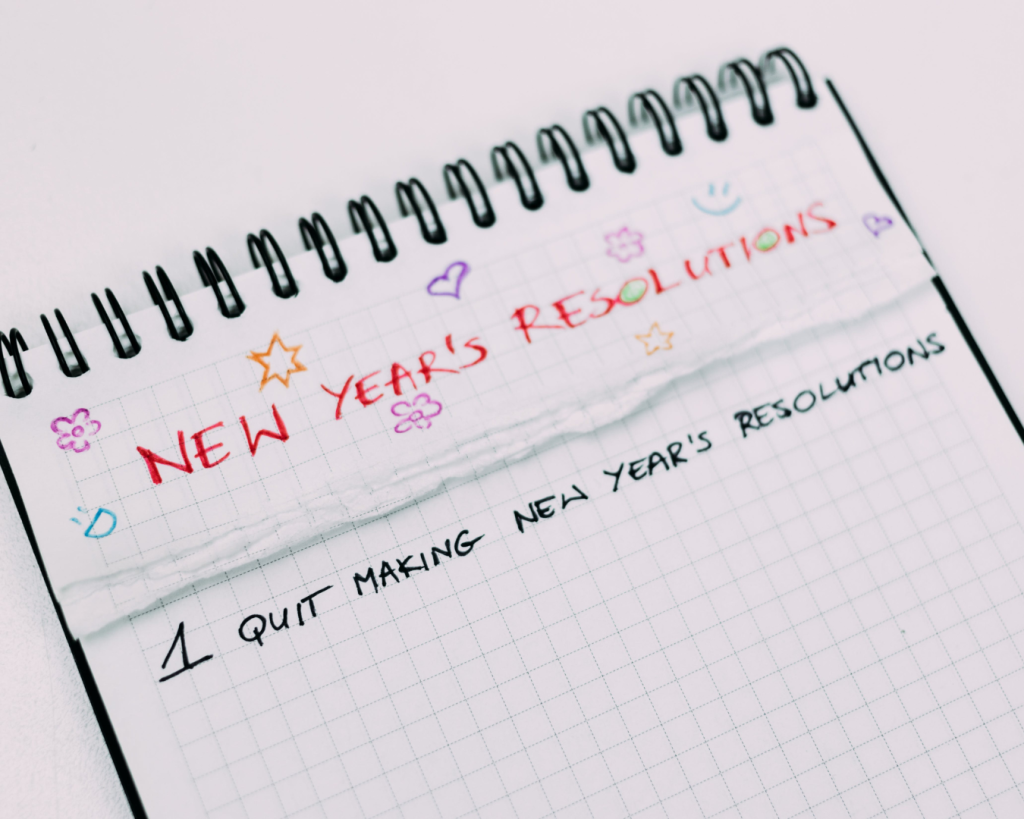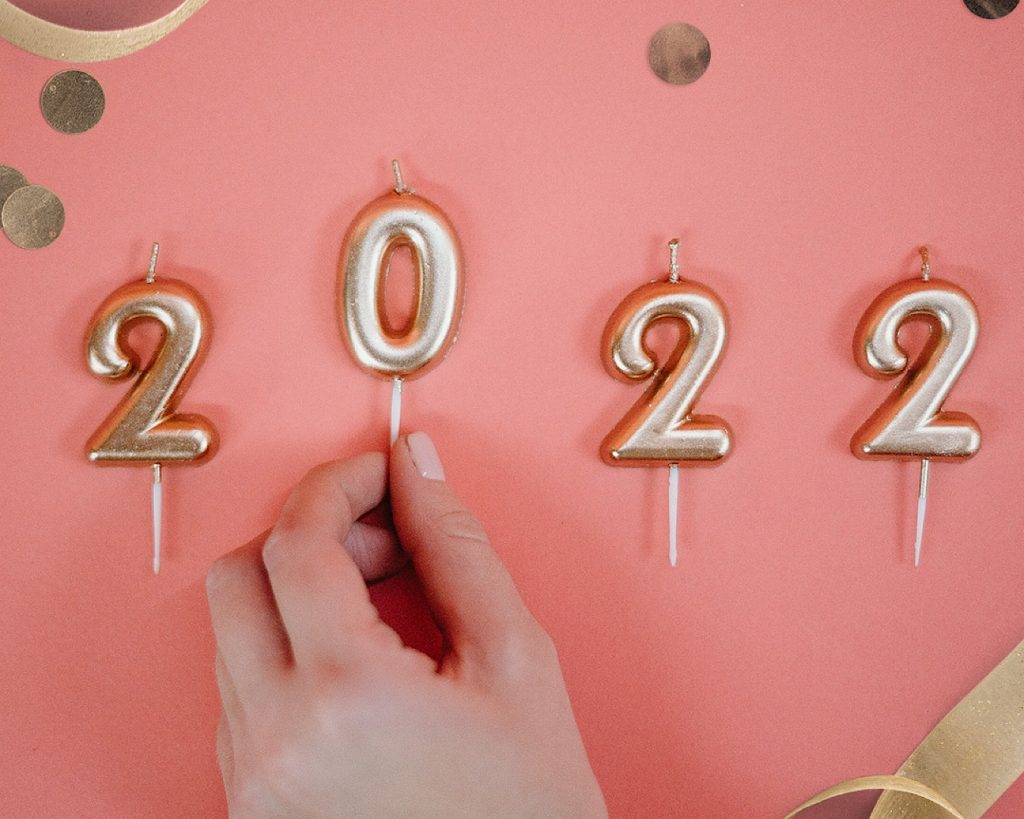As great as it sounds, making New Year’s resolutions is a good way to take stock of the past year and set goals for the next. Unfortunately, by early February, around 80 percent of people have not kept their resolutions. Commitments that change one’s life simply are not easy. When most people can’t do it for six weeks, something is wrong.
The problem begins with the resolutions themselves. Both wishy-washy promises, like losing weight or writing a book, as well as over-the-top commitments, like “drop 20 pounds by March 1” or becoming a best-selling author, are bad kinds of New Year’s resolutions. Neither are valuable nor achievable, so they are of no use to you. Instead, resolutions work best when they are specific, measurable, achievable, relevant, and time-bound.
While it’s important to make resolutions, keeping them is harder than you think. If you want to give yourself a leg up this January, you should start practicing them right now. Here’s why.
Stuck in a Rut
Keeping New Year’s resolutions is not easy for most people. A combination of factors and everyday life get in the way.
A large part of the problem is people take on too much, too fast. By resolving to eat only salads, run five miles to work every day, and get three gym sessions in a week—plus write that novel they’ve always wanted to write—in January, they end up doing none of those things. Right after the holidays, they will set themselves up for spectacular failure, burnout, and then binge-watch Netflix and binge-eat Twinkies.
It is also true that, at least at first, people may not keep their resolutions. A 2016 study from the University of Chicago revealed that people’s willingness to keep their long-term goals was correlated with their immediate reward. There wasn’t much of a motivation factor in delayed gratification. Everyone goes to the gym for their future self’s health, but if they don’t enjoy it at the moment or see immediate results, they tend to quit. There is almost always a learning curve to doing something new in those first few weeks. You’re unfit, unpracticed, and simply incapable of handling this. Combine that with the often miserable January weather, the post-holiday blues, and work stress, and it is hard to have any fun until at least Valentine’s Day.
Some people also approach New Year’s resolutions with an all-or-nothing mindset. There is no warm-up or consultation with reality; they go straight from zero to 100. Running five days a week is a ludicrous goal for someone who has never run before – it’s practically impossible. Instead of reassessing their goal when they don’t meet it, they chalk it up as a failure. Well, next year is always an option.
Our obsession with these hard start lines is a quirk of human nature. Usually, exercise programs begin on a Monday or on the first of the month—or on January 1. Taking stock and setting goals is a good idea at the beginning of the year. That’s understandable. But it also makes things more difficult. When we fail, we tend not to get back up and keep going where we left off; we reset at the next starting line.
It’s Never Too Late
A marathon runner never takes part in a major race without training. He or she has trained for months, if not years. Your New Year’s resolutions should be no different. It will be much easier to keep them. Once you’ve finished this article, determine that you’ll begin implementing your New Year’s resolutions. The remaining weeks of the year can be used as a trial period. It doesn’t matter if you mess up or miss a day – you haven’t committed to anything yet, so you can’t fail.
By starting now, you will gain a better understanding of what you’re resolving to do. It’s better to discover in January that a five-mile run would be too demanding for your current fitness level, so you can reduce it and start with two miles in the next month. By the time February rolls around, with a few warm-up jogs you won’t have to start all over again. You’ll have already got over the worst of the starting phase. You might even see some improvement.
It makes sense to take advantage of the next few weeks after the holidays to practice your resolutions. You can start eating healthier in January by finding meals that you love and that you can prepare easily. You can write a journal or take a photograph every day if you start now. You will be able to stick with your resolution because it will already be part of your routine. When the new year comes, you’ll be ready to write the next great novel or Hollywood hit. So work on the plot and outline now; you’ll be ready in no time!
What does it matter if you miss a day or binge over the holiday period? You’re just practicing. When February rolls, you’ll be ready.








